I said yesterday that I tend to replace my main camera every three years.
You remember the old Hollywood joke about the stages of an actor's career?
- Who is Johnny Doe?
- Get me Johnny Doe!
- Get me a young Johnny Doe.
- Who is Johnny Doe?
(I've seen versions of the same joke applied to both models and photographers.)
You could construct something similar about the lifespan of a digital camera:
- The Anonycon ZXXXiii is coming! It should be amazing*.
- Here's what we know about the upcoming Anonycon ZXXXiii so far.
- The Anonycon ZXXXiii is shipping. We hope to get our hands on a review sample soon.
- The reviews are ecstatic, and the new Anonycon ZXXXiii is selling like hotcakes.
- Two newer competitors have appeared that are taking the wind out of the Anonycon ZXXXiii's sales**.
- User reviews of the Anonycon ZXXXiii are mixed, and there are several known problems***.
- No one is talking much about the Anonycon ZXXXiii any more.
- The Anonycon ZXXXiv is coming! Time to dump your old Anonycon ZXXXiii before its value tanks.
- "I'm waiting for the Anonycon ZXXXiv to ship so I can pick up a used Anonycon ZXXXiii for next to nothing."
- The Anonycon ZXXXiii is on closeout for 40% off.
- Available used.
*I love "should bes."
**Get it? Wind? Sails? I crack myself up.
***Even if they aren't really problems.
Okay, that's not funny or clever like the Hollywood joke. But how long does that cycle take? I'd say 2–5 years, just looking at past cameras. There are exceptions, like the long gap between the Nikon D300 and D500 (August 2007, refreshed with an "S" in July 2009, to January 2016, according to DPReview.com—so 77 months from the D300s to the D500) and the short one between the Sony A6300 and A6500 (February 2016 to October 2016, eight months). But 2–5 years covers the majority of cases I'd say.
But that's just one view of lifespan. What about all those happy Anonycon ZXXXiii buyers who got one at step 4? How long will they keep and use their Anonycon ZXXXiii? Because after step 11, they're using a superseded camera, yesterday's news, not the latest thing, which takes the bloom off the rose.
I tend to keep my cameras for three years, but that's just an empirical observation, and it's somewhat wishful thinking—it's only true of cameras I actually "take to" and use a lot, which doesn't include all the ones I buy. I didn't mean to imply that that's the lifespan of a digital camera. I doubt I'm any kind of accurate bellwether, because I'm supposed to use a variety of cameras so I can write about them, and I'm notoriously fickle...
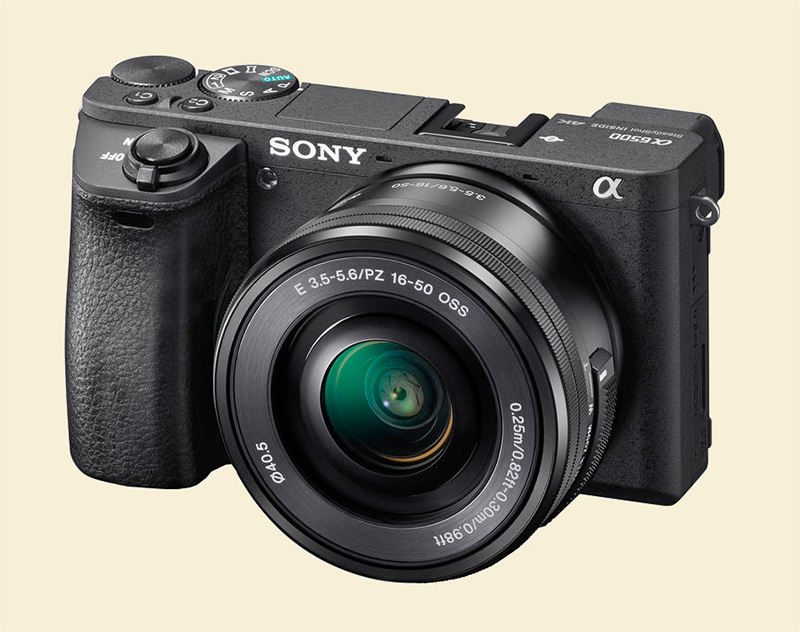 Sony A6500
Sony A6500
...And I'm also cheap. I have no doubt I'd buy far more cameras than I do if I had enough money to do so comfortably. Right now it's not just that I want an A6500 or a GX8 or an A7II or an X-T2, it's really that I want all of them. I don't actually want to have to decide. :-)
But that's not sensible for me. Well, it's not really sensible for anyone, unless it's the way they choose to have fun, but I don't have the spare cash or the income to indulge that kind of thing, let's put it that way.
Let's concede too that the lifespan—I mean the average time we keep our cameras—is likely changing. Slightly older cameras—say one or two cycles old—are much better compared to the newest cameras than was the case in 2009, say, or 2003. Progress in features these days happens more in slight improvements in specs and in ancillary abilities such as video or connectivity than with core competencies. And prices are going up (premium models) and down (budget models), both of which tend to put a damper on upgrade-itis, since it's expensive to buy a new premium model and there are cheap new models competing with your older, outdated equipment, depressing its trade-in value. For example, as a used camera, my outdated NEX-6 that I paid $999 for in 2012 has to compete with a new Sony A6000, which costs only $498, and the A6000 is a better camera. A used NEX-6 body sells for around $175–250 on eBay, and I recently tried to give mine away...unsuccessfully. That's not going to help me rationalize buying an A6500, much less give me much help paying for it.
...And the prices of several new cameras are keeping me from considering them, just speaking personally. The Olympus E-M1 Mark II makes a lot of sense for me, for example, but "2k, no way."
So is it fair to say that the span of time for which people keep their cameras is lengthening?
We tend to hear from constant switchers, upgraders, and gearhounds, such as myself and our friend Kirk Tuck, on the Internet. But that hardly reflects the average user. As a total seat-o'-the-pants WAG (wild-assed guess), I'd say that "normal" people these days are in the process of keeping their main cameras for three to seven years.
But you tell me. How long do you think you're likely to keep the camera you're currently using? Would it fall within that 3–7 year estimate? Do you think that estimate is fair?
But as for "replacing my main camera every three years or so"—that's not the product's fault. That is, as they say, just me.
Mike
Original contents copyright 2017 by Michael C. Johnston and/or the bylined author. All Rights Reserved. Links in this post may be to our affiliates; sales through affiliate links may benefit this site.
Top it off.
Give us a “Like” or Buy yourself something
(To see all the comments, click on the "Comments" link below.)
Featured Comments from:
Dennis Mook: "Two to three years. Those doggone manufacturers keep coming up with new and very desirable features as well as image quality improvements. It's their fault!"
Speed: "I used to buy a new car every two or three years. Now I buy a new camera every two or three years and my car is 12 years old. I have my priorities."
gary bliss: "Oh gosh, equipment refresh intervals in the face of changing technology: a subject to which I have given some thought and, sadly, I do so professionally in another domain (defense products). I must start at the ends; what are benefits I get from the gear? In my case it is 8x10 photo essays (which any modern gear can yield) and the dozen odd 20x30s that are displayed on my windowless office walls. Subjects range from landscapes to dynamic in-motion targets. Finally, I am more of a lens man and do not like changing bodies; it takes me many months to 'learn' new gear.
"And I am an economist, so 'it depends on the prices.' I am not really fiscally constrained in this field. The short answer for me is 'every other body generation, or about five years.' I need to have an increase in sensor DR/ISO or AF/use case operations big enough to justify the trouble of changing bodies. Between selling my old body at give-away prices to colleagues and the price of the new body, that works out to $25 to $35 per month for body depreciation or less than my three roll/month film and processing bill 20 years ago.
"I don't like the learning required changing bodies; it is not my job any more and a bother. But I've loved the improved files I've gotten from every upgrade. I now use a D810 (love it) and D5500 (hate the viewfinder). I sense technology is slowing a bit, so will likely stay there for a while."
Stanleyk: "I upgraded when the X-Pro2 was released. Undoubtedly when an X-Pro3 becomes available I will probably upgrade. I kept my X-Pro1. I am too attached to it to ever sell it."
Rod Purcell: "I wonder if things are changing? Thom Hogan, as well as some others, suggest that we are now in the era of 'good enough' cameras. As you say premium new models are expensive and often just offer incremental change that in practical terms you don't notice. If you see cameras as tools (rather than a status good) then why upgrade?
"So is your current camera your last camera? Or is it that you just think it's your last camera? I'm on my third last camera. The first one was a Nikon D600, then a Fuji X-T1, and now it's a Nikon D750 (yes, I know this is not rational). I can't imagine I will need anything 'better' than a D750 so (for now) it's my last camera. But who knows...?"
Mike replies: I can't tell you how many times over the past thirty years I've had someone say to me, "This is it, this is the last camera I'll ever buy"...even though it wasn't.
If I had a dollar for every time it happened, I bet I'd have enough to buy a new camera!
Ken (partial comment): "If photographic gear acquisition is like riding a series of escalators up, I've reached my floor. No new gear for me until something breaks or stops working irreparably."
SteveW: "Cameras seem to me on the same path as personal computers. Back in the day it was pretty common to upgrade your PC every 2–3 years to keep up with the technology, faster processor, more RAM, and you usually had to update to keep up with software iterations too that demanded the faster processor and increased RAM. There is a similar 'curve' with cameras that has already peaked. I am able to use my computers much longer now with no issue, five years easy. I think it is the same now with cameras—the sensors are topped out, the images are all fantastic, now we're being hit with features (some pretty awesome no doubt) when the cameras iterate. If you don't need the features, there's really not much, if any difference in image quality. I think I can cruise a long while with my current camera (Nikon D750) with no complaint for many more years."
Peter Wright (partial comment): "I really prefer just to get something I love and then to keep it for a really long time (just ask my wife of 44 years: no updates possible—or allowed!)"
The Terrified Dad: "There is one great thing about being poor—your cameras last longer! My Rebel t5i has been with me for almost two years. The Rebel XS that it replaced lasted six before it died. I'm worried the current Rebel won't last as many years since I have recently gotten into time-lapses and I'm putting a lot of shots on it. I have been scouring Craigslist for an older Rebel on the cheap to help ease that burden, but so far no deals. I would love a 'really cool fancy camera,' but as a landscape photographer who shoots stopped down from a tripod, there's just no way to justify the cost."
Michael Perini: "I'm basically the opposite, while I do read about all the new cameras and technology, I basically hate learning a new camera (to the point where I can use it in the dark). I bought a Canon 1Ds Mark III in 2007 (it was a $7,995 FF 21MP camera when Nikon's top camera of the day was the 12MP crop-sensor D2s). It remained my main camera until this year, when I added a 5D Mark IV which is superior in every way, and cost less than half of the price of the previous camera. What I notice is that it makes a few things easier, but my pictures are not 'better.' If you grew up with film, today's digital cameras are all vastly more capable than 35mm film cameras. New technology enables things to be done easily that were difficult or impossible with film. So my 'system' is photographer-limited rather than camera-limited.
"Not having to learn a new camera is a major benefit to me and results in better pictures. Lenses are a different story , I have tons of those."
BJ: "You left a step out of your digital camera life cycle. This probably should be inserted between steps 4 and 5:
"4.5. The Anonycon ZXXXiii is on backorder at B&H, Adorama and Amazon. B&H reports that their first shipment sold out immediately, and they expect it will be at least six months before they receive their next shipment."
ADDENDUM by Kevin Purcell:
12. The Anonycon ZXXXiii is difficult to find used. Used price drops. Nobody sells them because they're not worth the effort to get rid of. Some years pass as Anonycon ZXXXiii sit in closets all over the world.
13. A camera user of a certain age posts on a forum: "Remember the Anonycon ZXXXiii? I really liked/wanted that camera." "Hey, I still shoot with mine. Works great for me."
14. Small online collective shooting odd street/landscape/documentary images with the weird old Anonycon ZXXXiii is picked up by art photography blog. "I got my one from my uncle. You don't see them around much anymore. It's not like a modern camera."
15. Art students pick the Anonycon ZXXXiii for photography projects because they're cheap, hip and have the retro "Anonycon glow" that everyone likes now.
16. Hipsters seen carrying the Anonycon ZXXXiii. Price starts to rise.
17. A fashion photographer shoots magazine spread with Anonycon ZXXXiii. "These old cameras have a unique look." Price climbs on the used market.
16. Celebrities seen carrying the retro The Anonycon ZXXXiii. Prices are becoming insane and its harder to get compatible lenses.
17. Anonycon ZXXXiii displayed in MOMA. "A classic of its time."
18. Canoikony announce the Canoikony XYZZY is coming: "A retro-styled camera inspired by the classic ZXXXiii but with the modern features you need for today's photography."
[Thanks to Kevin.]
Brian (partial comment): "People rarely buy a new digital camera because the old one stopped working."
Bernard: "My Canon 400D had his 10-year anniversary this year, and that's still my primary digital camera.... Granted, I mostly shoot film, so the Canon only comes out when the end product needs to be digital, and that's pretty much always in a situation where I can control everything and tripods are an option. Still, at 10MP and with good glass, that camera still functions perfectly well at ISO 400. 800 in a pinch, just like with film."
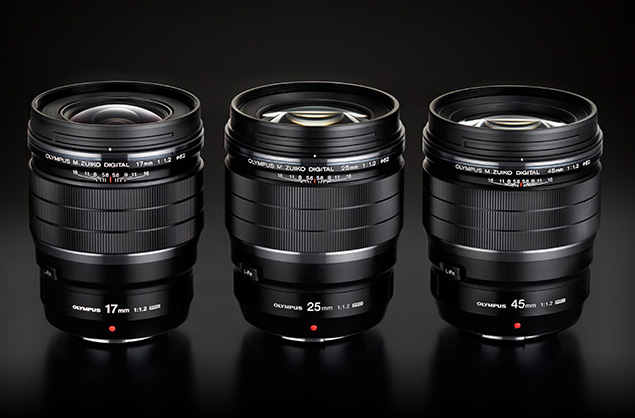
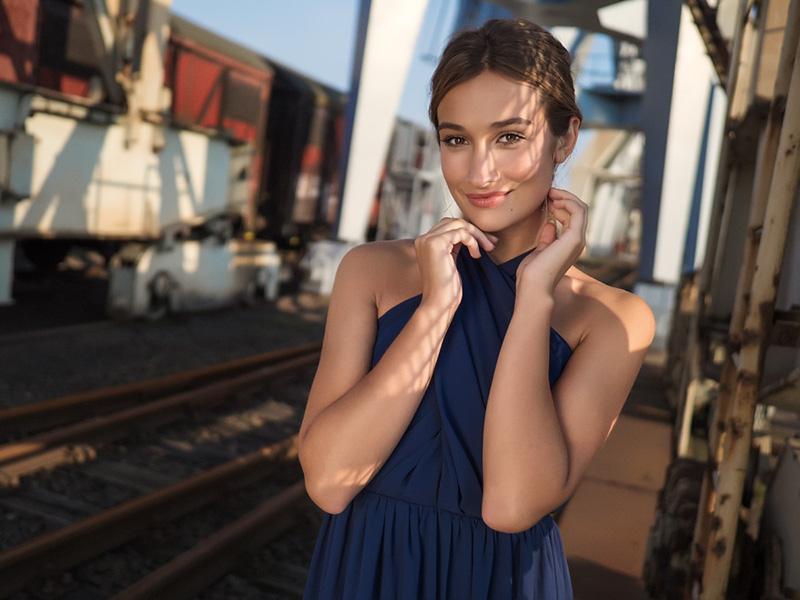
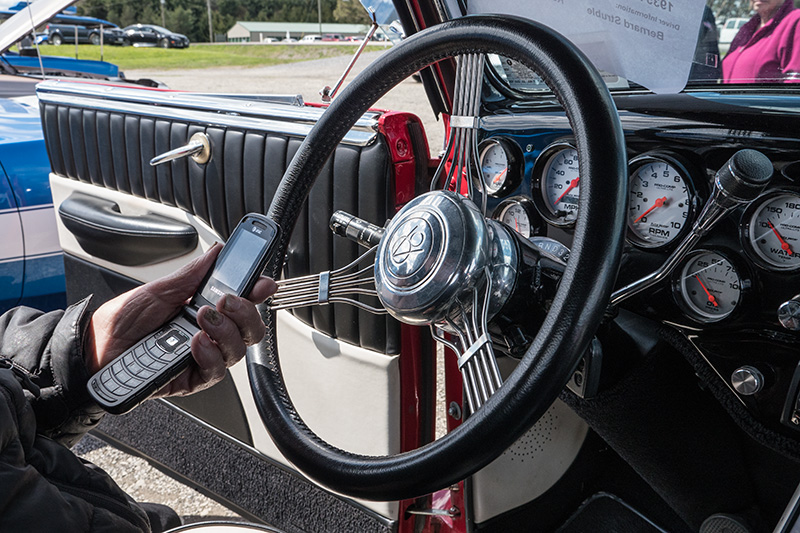
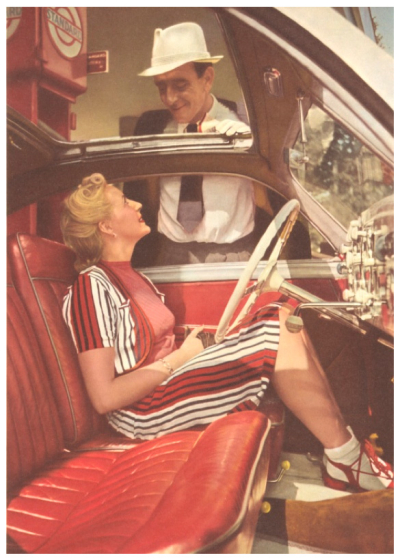
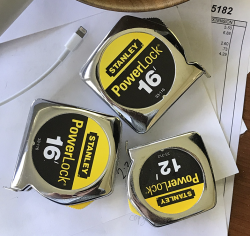
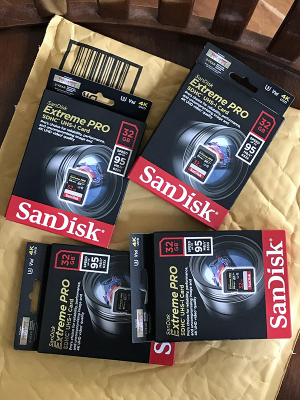
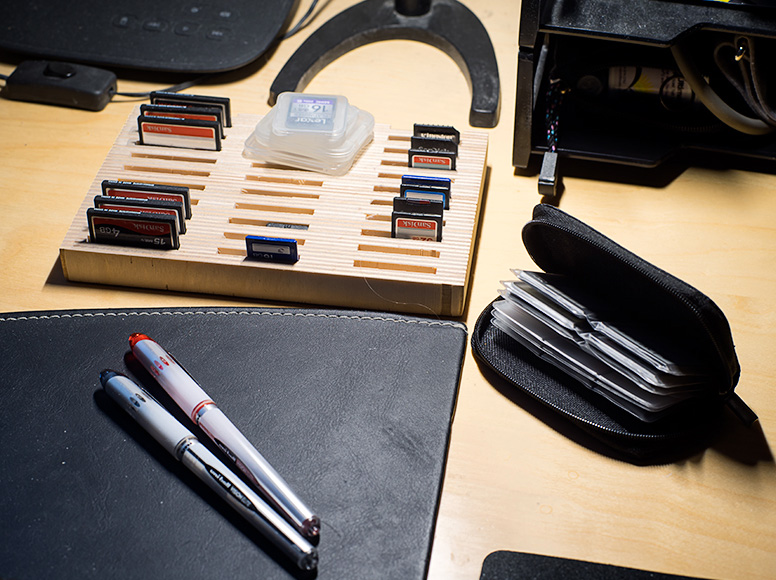
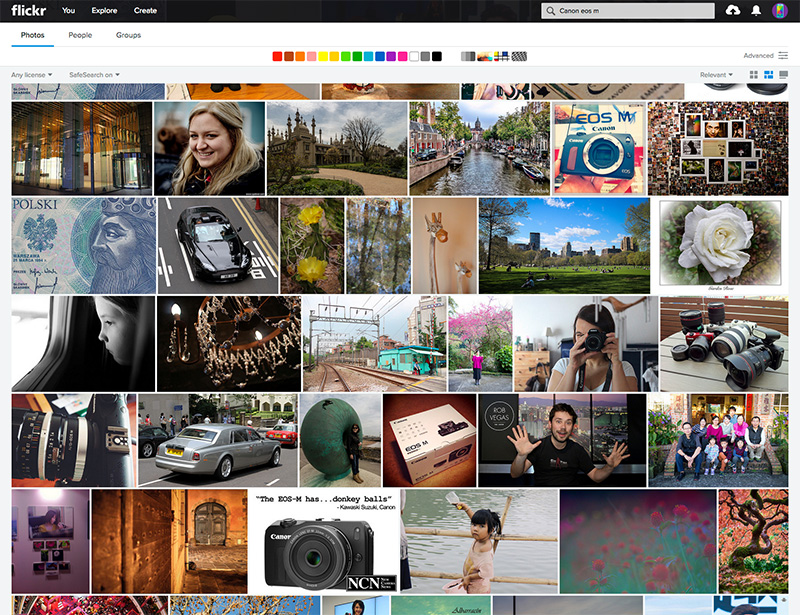
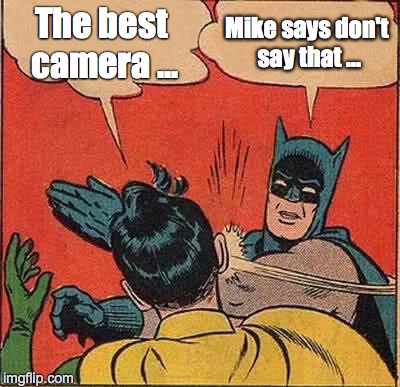
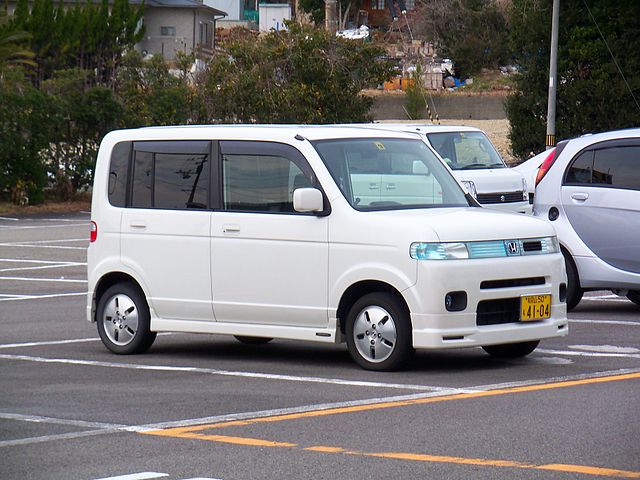
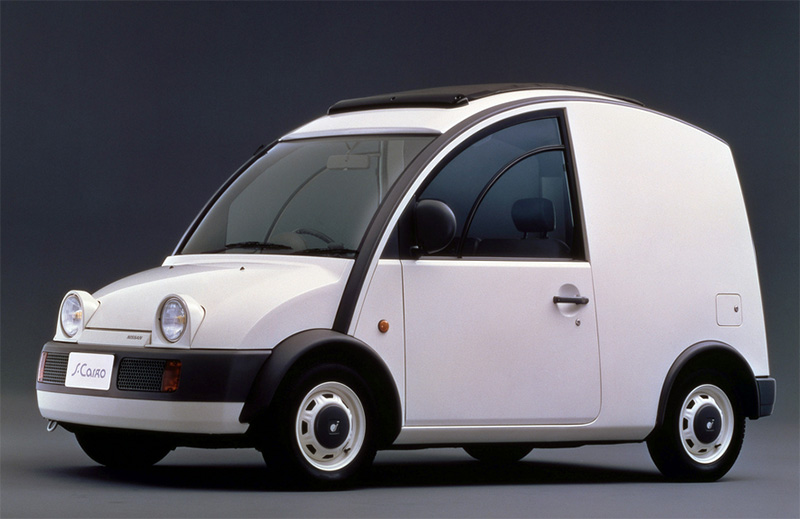
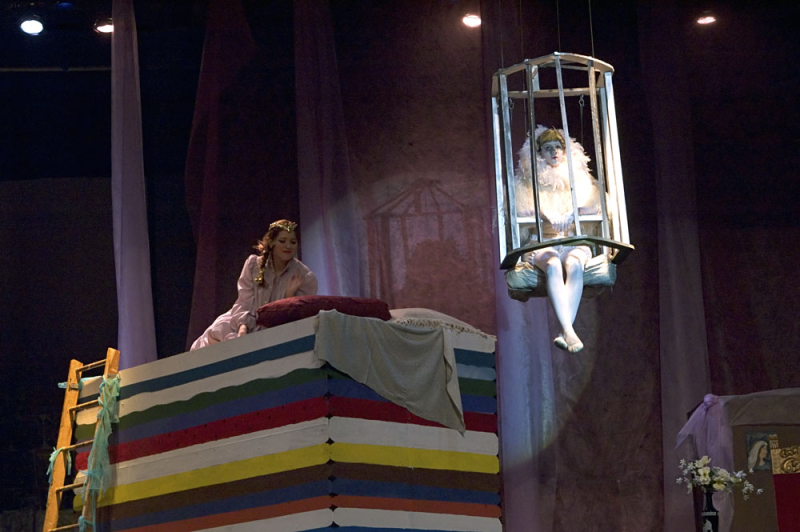
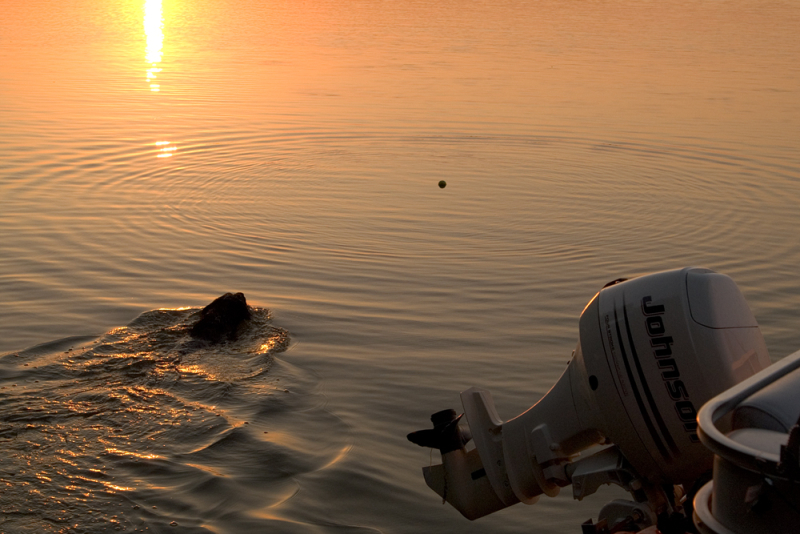

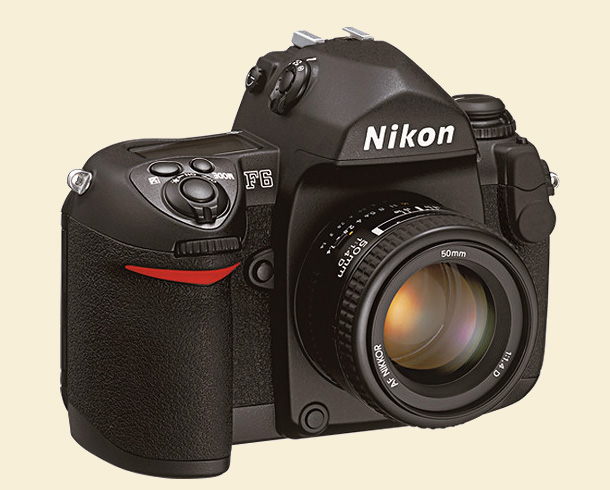

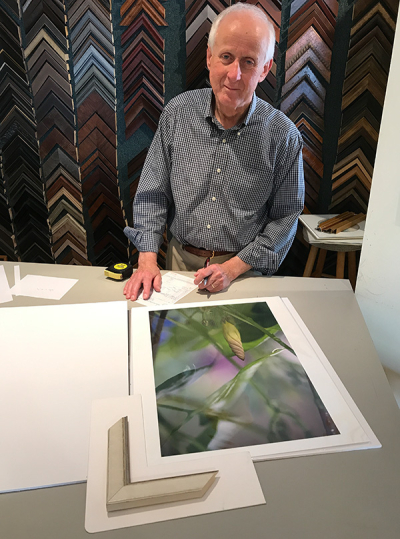
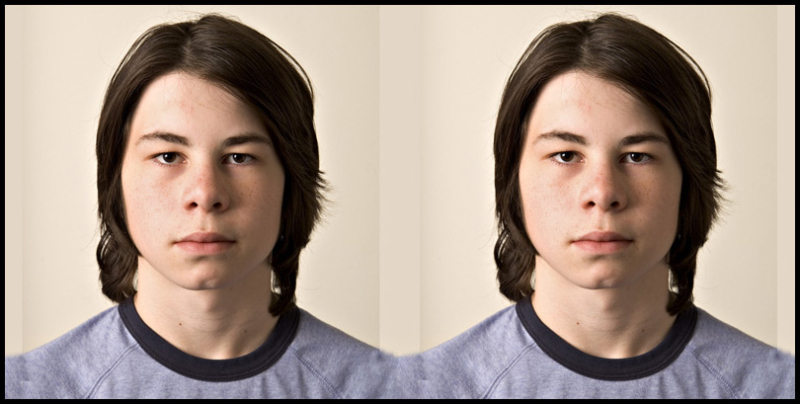
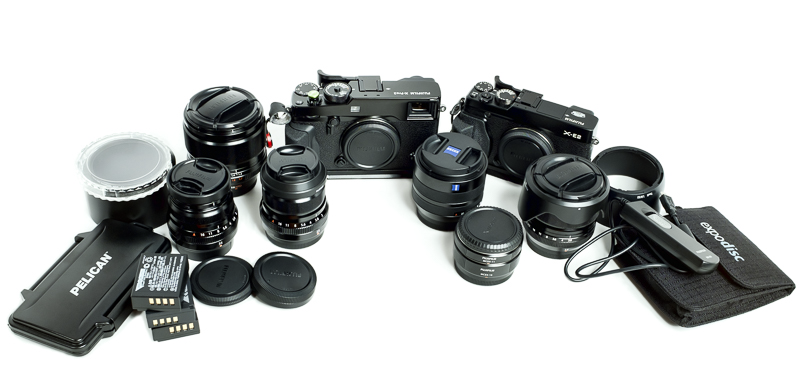
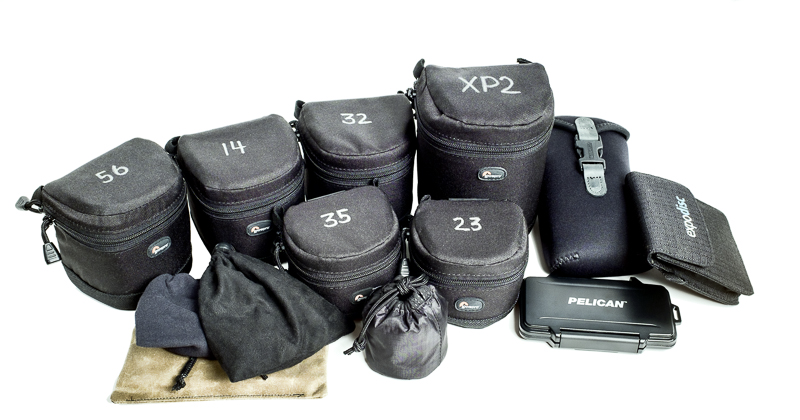
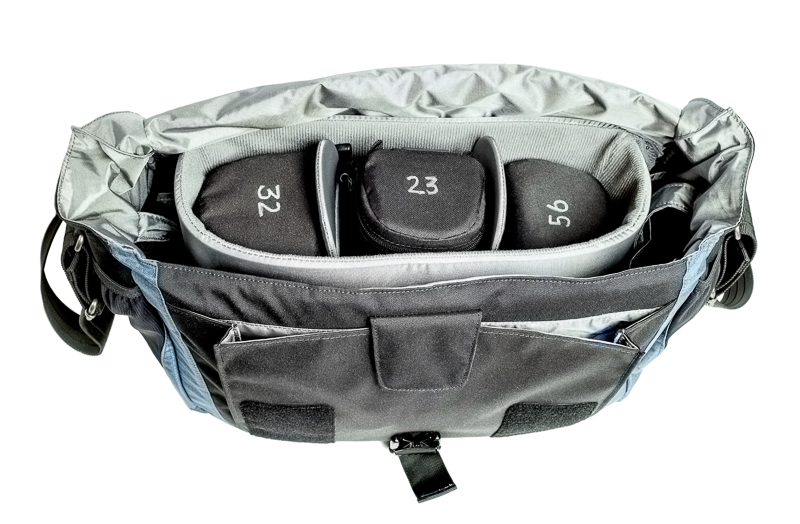
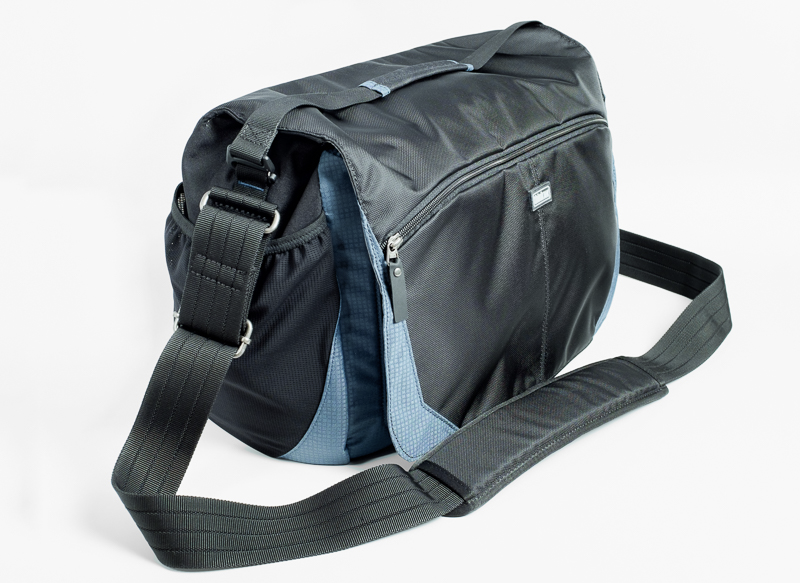
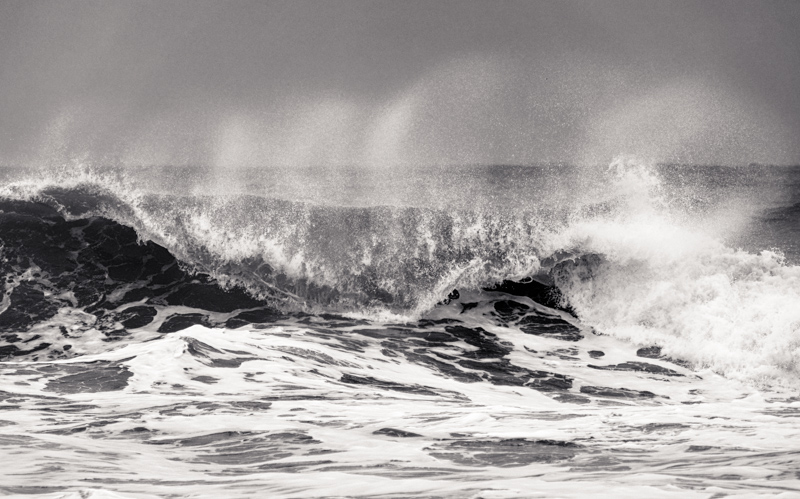
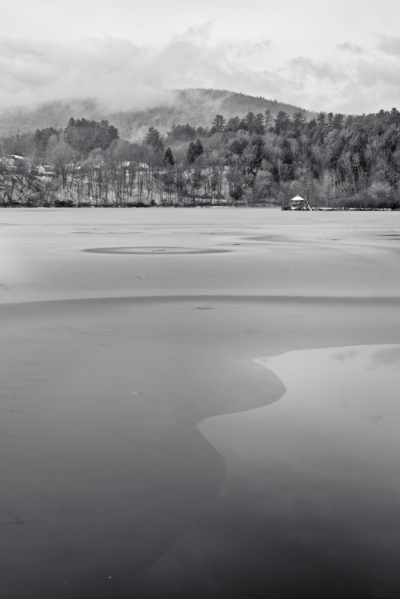

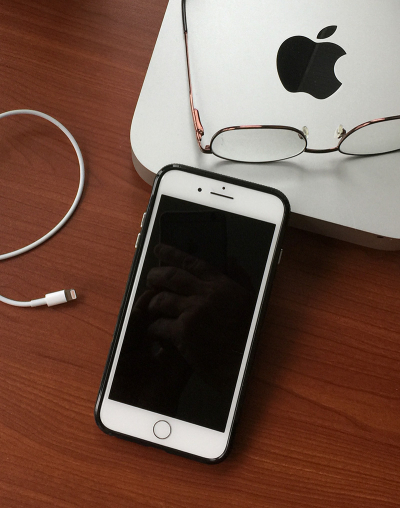
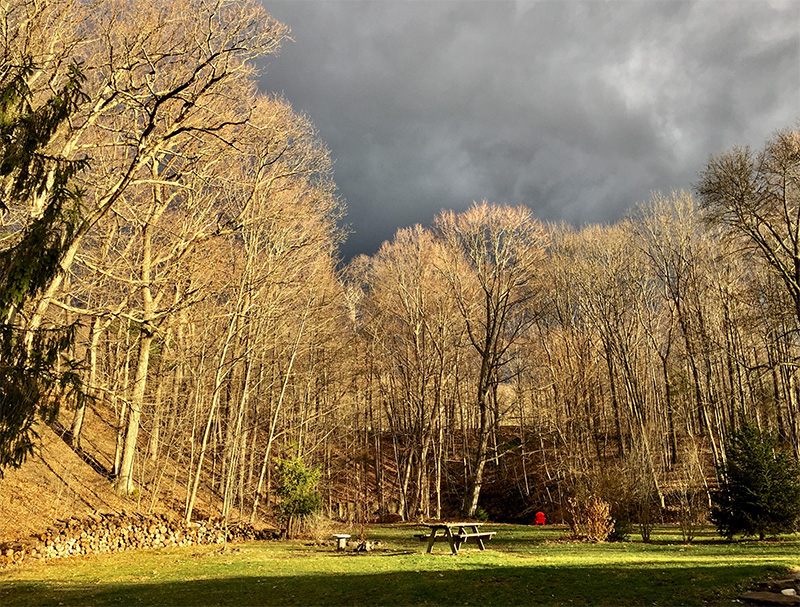
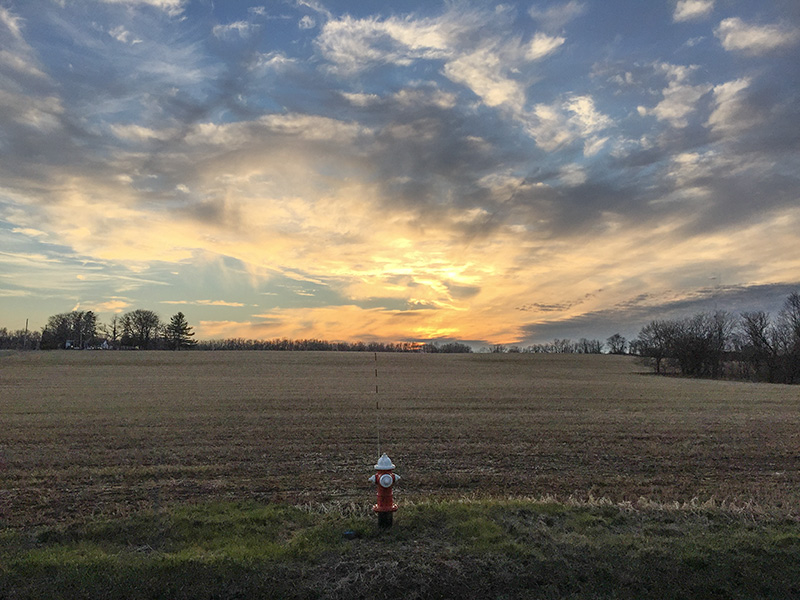
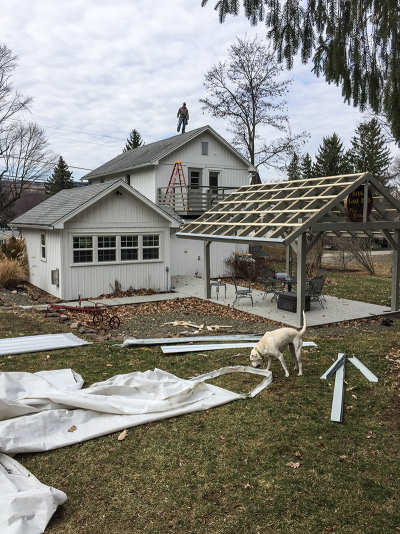
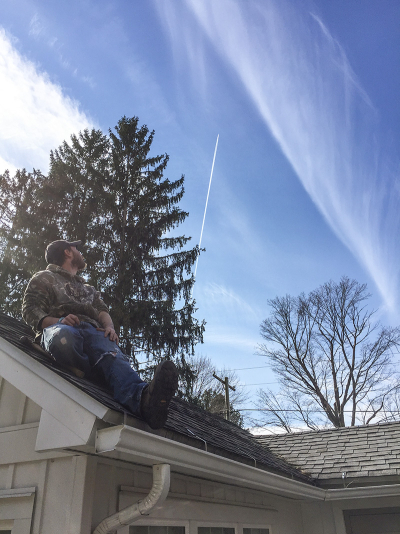
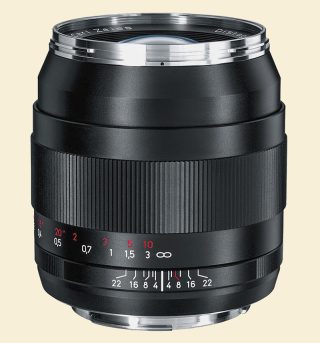
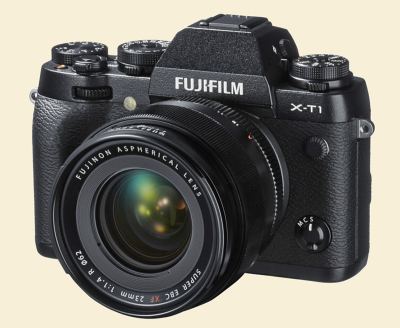
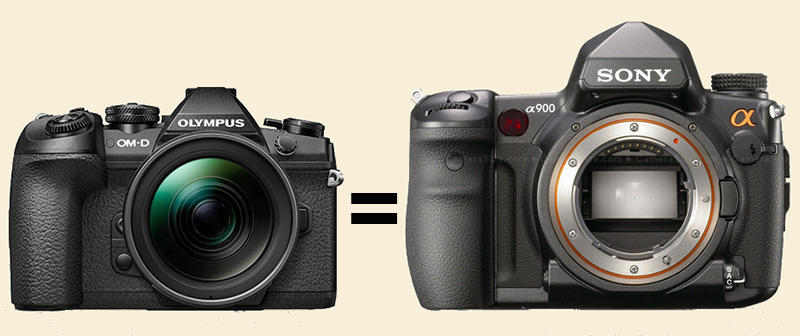



"This question is usually linked to JPEGs. Yet in my experience virtually everyone complaining about 'skin tones' or 'colors' or anything else about JPEGs is shooting in Auto WB and whatever default the camera maker has chosen.
Mike replies: Guilty. What I don't know about color management could fill a book. The question is, what book? There no doubt is a book out there but I don't know what it is. Any suggestions?
Thom: To answer your question, surprisingly there's little good reading material available on JPEG setting. Color management books all seem to be about keeping color consistent and accurate to what was captured, but don't challenge what was 'captured.' It's something that I'm working on for Nikons. Unfortunately, Fujifilm would be different. At least so far, both Fujifilm and Nikon have been diligently consistent with their color models across cameras, so if you figure out what you need to do, it is applicable across all their models. Not quite so true with some other camera companies to date, though Canon comes close.